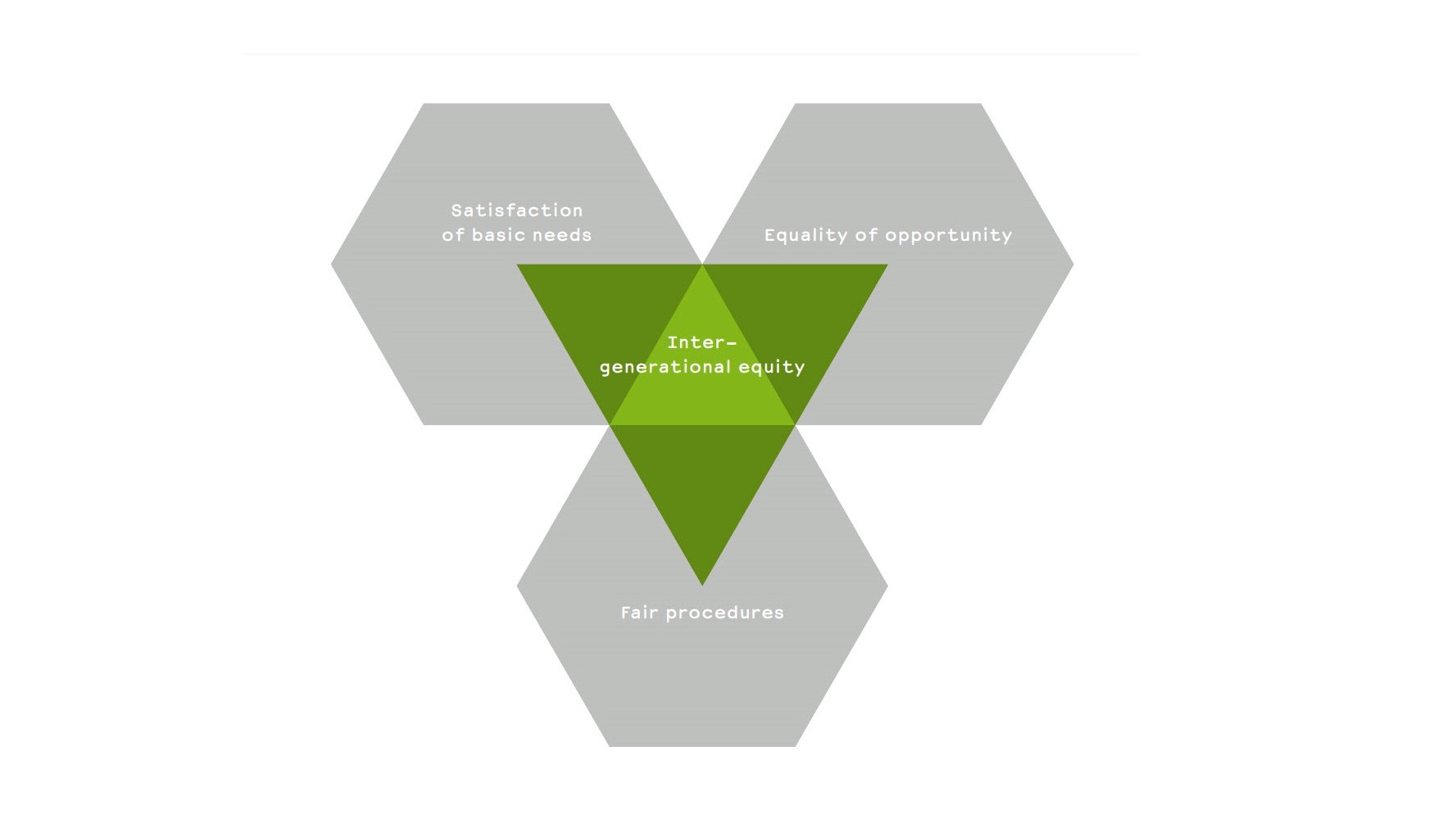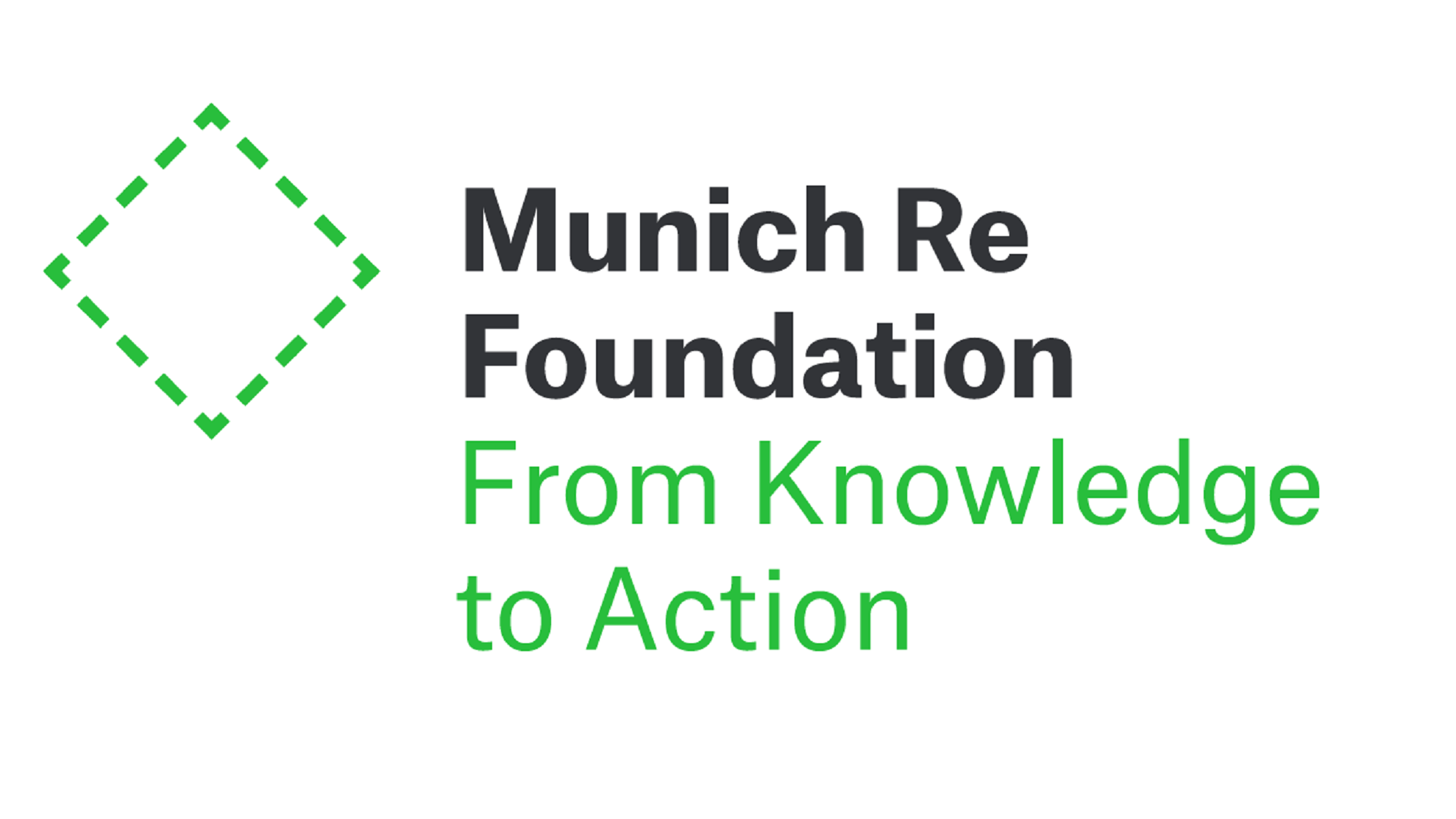
Climate change and justice (2008 - 2012)
Climate protection as a human right
properties.trackTitle
properties.trackSubtitle
It is primarily the poor countries of the world that suffer from the impacts of climate change. They are justifiably calling for those responsible for climate change to assume greater responsibility – so far with modest success. A study commissioned by the Munich Re Foundation investigated how climate change can be counteracted with fair means and the integration of all nations.
New statistics on loss trends issued by the International Panel on Climate Change (IPCC) confirm the fact that poor countries, which are generally more vulnerable than rich nations, bear the main burden of climate change. All efforts of the climate conferences to curb climate change have so far only met with modest success. One major reason for this is that not all of the signatory nations, 195 at present, are integrated into the negotiations in equal measure.
Over a period of four years, the Munich Re Foundation, together with the Catholic relief agency Misereor, the Potsdam Institute for Climate Research (PIK) and the Institute for Social and Development Studies at the University of Munich (IGP), investigated how climate change can be curbed by fair means. Parallel to research and modelling projects, our partner, MISEREOR, organised workshops for the people affected in developing and emerging nations to find out how adaptation should be implemented at the local level. The project results have been summarised and scientifically referenced in a book entitled “Climate Change, Justice and Sustainability”. It was published just in time for the major Rio+20 environmental conference in June 2012 and the 18th World Climate Summit in Doha, Qatar.

Human rights as the foundation
The study builds on human rights, which call for freedom and equality and the moral obligation to practise solidarity. The resulting concept of justice aims at satisfying basic needs, equal rights for all human beings, inter-generational equity and fair negotiations. Applying this tenet, the 2°C target that the IPCC demands can be attained if all the available technological means are deployed. It is particularly important to take full advantage of all available technical capabilities and make greater use of renewable energy. Global emissions trading that would give the same emission rights to everyone around the world would offer enormous opportunities. Poorer nations could profit from such a system by selling surplus emission rights to industrial nations.
Immediate action
However, technical solutions alone are not the answer. On the contrary, people who are particularly vulnerable must receive aid for adaptation. The “Climate change and justice” project has identified possible approaches for sustainable solutions in the future. Now it is up to politicians to act. Unless we act quickly, we will not only risk many people’s right to a dignified existence but also jeopardise the prospects of future generations.
September 2012
Download the summary of the study here:
Link to the publication (full versions)
Short movie: Climate change and justice









